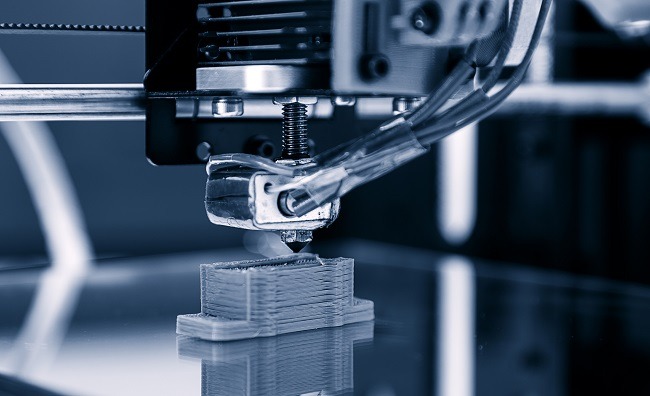In today’s globalized market, maintaining high standards in manufacturing and production is more crucial than ever. The backbone of these standards is none other than quality assurance. Understanding its intricacies can make the difference between success and failure.
The Importance of Quality Assurance
Quality assurance (QA) is not just a process; it’s an ethos that permeates every aspect of production. Emphasizing QA ensures that products consistently meet customer expectations and regulatory requirements. Here’s why it’s important:
- Ensures product safety and reliability.
- Boosts customer satisfaction and trust.
- Facilitates compliance with industry standards and regulations.
- Reduces costs associated with recalls and defective products.
Steps to Implement Quality Assurance
Adopting a solid quality assurance process involves several crucial steps:
- Define clear quality objectives aligned with organizational goals.
- Standardize processes to ensure uniformity and control.
- Regularly train employees on the importance of quality and the role they play in maintaining it.
- Continuously monitor and measure product quality and production processes.
- Utilize feedback for continuous improvement.
Choosing the Right Third-Party Partner
When your in-house resources are stretched, or you need specialized expertise, engaging third-party companies can be an effective strategy. Selecting the right partner is vital for maintaining high quality assurance standards. For insights into making the right choice, quality assurance resources can be invaluable.
FAQs on Quality Assurance
Here are some common questions surrounding QA practices:
- What is the difference between Quality Assurance and Quality Control?
Quality Assurance focuses on process-oriented activities, ensuring that the processes are efficient and effective. Quality Control, on the other hand, is product-oriented and involves the actual testing of products to meet the desired standards.
- Why is QA important in manufacturing?
QA ensures that the products manufactured are consistent, reliable, and safe for consumer use, thereby protecting company reputation and reducing waste and defects.
- How can technology aid in Quality Assurance?
Technological advancements such as automation, artificial intelligence, and machine learning are increasingly used for real-time monitoring, predictive analysis, and quality prediction, which significantly enhance QA processes.
In conclusion, robust quality assurance processes not only safeguard the integrity of products but also empower organizations to stay competitive in today’s dynamic market landscape. As consumer expectations rise, maintaining quality is no longer an option but a necessity.

